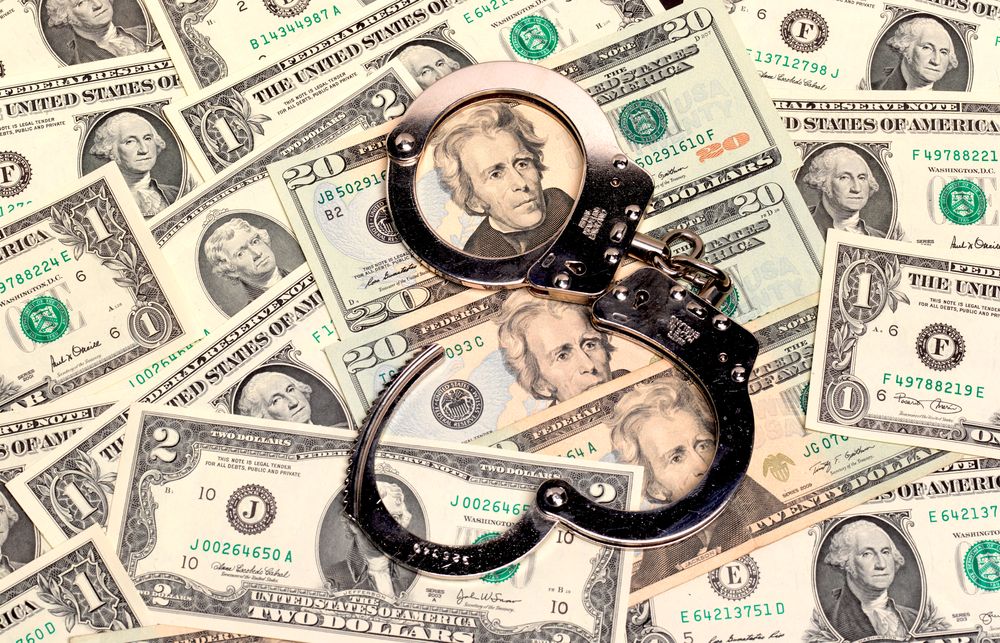The criminal justice system is a wobbly house of cards that frequently falls right on top of the most vulnerable victims. The poorest defendants, often people of color, can fall prey to uncaring judges who set unfair bail for nonviolent crimes and a prison-industrial complex that just wants them behind bars. The cash bail system has been shown to disproportionately affect Black defendants.
Since the 2020 George Floyd case, charity organizations that raise bail money to counter these injustices have flourished. Fueled by public outcry and the endorsement of prominent figures like Kamala Harris and Justin Timberlake, some of them went from under-the-radar causes to powerhouse nonprofits. The Minnesota Freedom Fund, for instance, went from raising $231,000 in 2019 to $41.6 million in 2020. They raise a lot of their money through crowdfunding, and some have even been given taxpayer money to help defendants.
Related: Another Black Man Falsely Accused Thanks to Facial-Recognition Technology
Now, CNN reports, organizations like the Minnesota Freedom Fund, The Bail Project, and Northwest Community Bail Fund (based in Seattle), are coming under fire for missteps in who they choose to help and for expanding their scope beyond jail releases.
The biggest criticisms have been over whether efforts to release people from jail could backfire in deadly ways. Several high profile cases point to flaws in how they choose who to help, such as the release of a Seattle man, Michael Sendejo, paid for by the Northwest Community Bail Fund in 2021. Sendejo went on to murder a 31-year-old man in a fight. The Bail Project helped free a man named Marcus Garvin on a violent charge that same year; he went on to kill his girlfriend in a hotel room.
Some bail charities focus on only nonviolent offenders, but some of the ones who don't discriminate based on cases say they are trying to dismantle a cash bail system that is unfair at its core. They say they offer support to people who are innocent until proven guilty and that their clients are more likely to show up for their hearings (that, according to CNN's research, depends on which organization you're looking at).
The cash bail industry, of course, doesn't like its cash cow messed with; the American Bail Association has worked with lawmakers to limit the power of bail charities or even put them under state oversight, as is the case in Indiana.
The takeaway: If you're planning to give money to bail charities, do your research and make sure you understand the organization's goals, its mission, and who exactly the charity is trying to help.
More From LEVEL:
